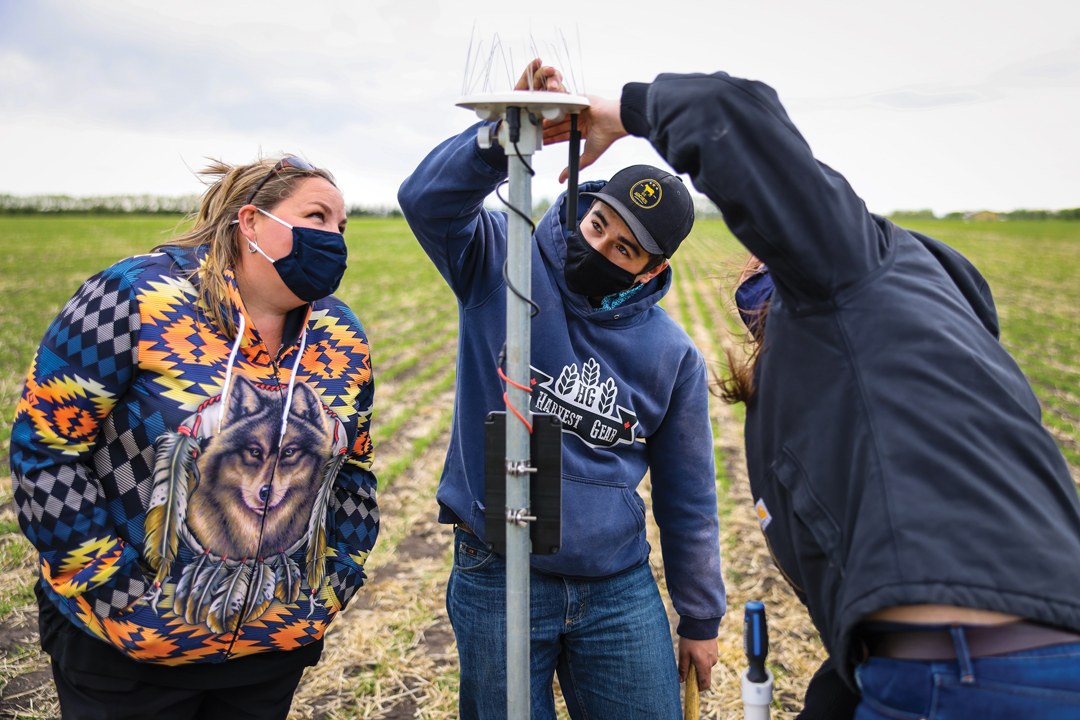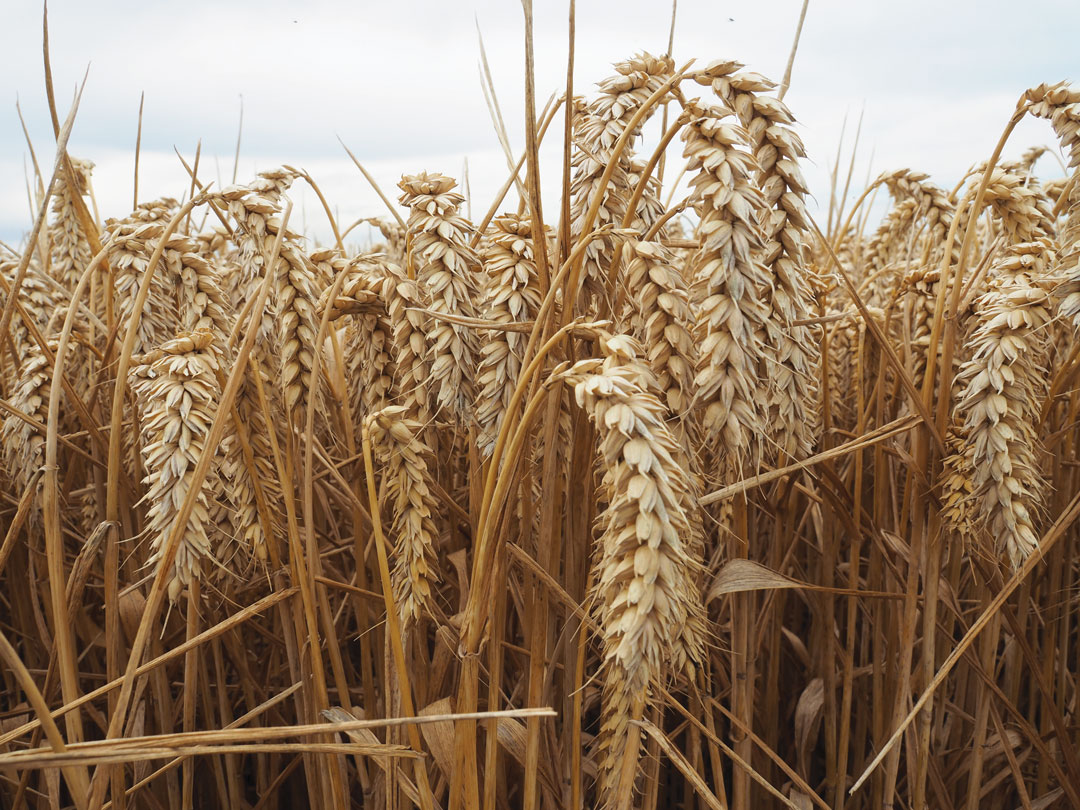NEVER MEETS NOW
BY JAMES BENKIE • PHOTO COURTESY OF OLDS COLLEGE
Often, we are not prepared for today’s challenges because we hold onto our “never.” “That will never happen,” or “that never works,” or “that should never be taught in the classroom” and even the dreaded, “we tried that and it never worked.” How many times has our “never” put limitations on our farm operations, our vision for the future or even our simple ability to adapt and change?
“Never” meets “now” at Alberta’s smart farms. In our social and collaborative era, innovative ideas, business models, products and services emerge from a broad network of partners that even reaches beyond agriculture. The Olds College Smart Farm, with its 2,800-acre farming operation, now has the infrastructure to support entrepreneurs and innovators with development, validation, demonstration and scaling of agriculture technologies and best practices.
SMART FARMS HELP
At Olds College, we believe in co-creation and the sharing economy. It is about proactively exchanging knowledge, insights, ideas and skills to transform both established agricultural markets and practices and the way existing agricultural enterprises operate. Co-creation is powerful because great ideas arise and thrive on the flow of curiosity, information, data and experience. Through the co-creation process, agriculture must blend Indigenous knowledge and the practical knowledge held by farmers as well as global scientific data. Education plays a fundamental role in sharing the innovations that result.
This past spring, the Smart Farm took the lead in the newly formed Pan-Canadian Smart Farm Network. On the Prairies, the organization also includes the Glacier Discovery Farm at Langham, SK, and the Lakeland College Student-Managed Farm in Vermilion. Admittedly, the Network has a long road ahead to create the next generation of agricultural systems. However, its member institutions now have concrete influence and impact on their stakeholders—farmers, product developers and industry. There are three main ways in which smart farms do this.
REVEAL AGRICULTURAL REALITY
Most on-farm problems are multidimensional. In their multi-faceted programs, smart farms offer us more lenses with which to break down problems into substantive parts so interconnections can reveal themselves. The only way to know the extent to which we understand our on-farm reality is to put our ideas and understanding into action.
GET OUT OF OUR OWN WAY
The biggest barrier to learning is ourselves. Our own blind spots sometimes make it hard to appreciate the farm system we have. The diverse expertise found on smart farms helps us see what we’re looking for and to notice what we did not notice.
AVOID REPEATING MISTAKES
In both on-farm and educational settings, we all benefit from feedback and constructive criticism. This helps us to understand the results of our decisions on down the value chain and to adjust our views accordingly in areas such as soil health, input application and the outcomes of farm academic programs.
I encourage you to contact your regional smart farm team when you have questions about tools, processes and best practices. And please remember, everything changes when never meets now.
James Benkie is dean of the Werklund School of Agriculture Technology, Olds College.








Comments